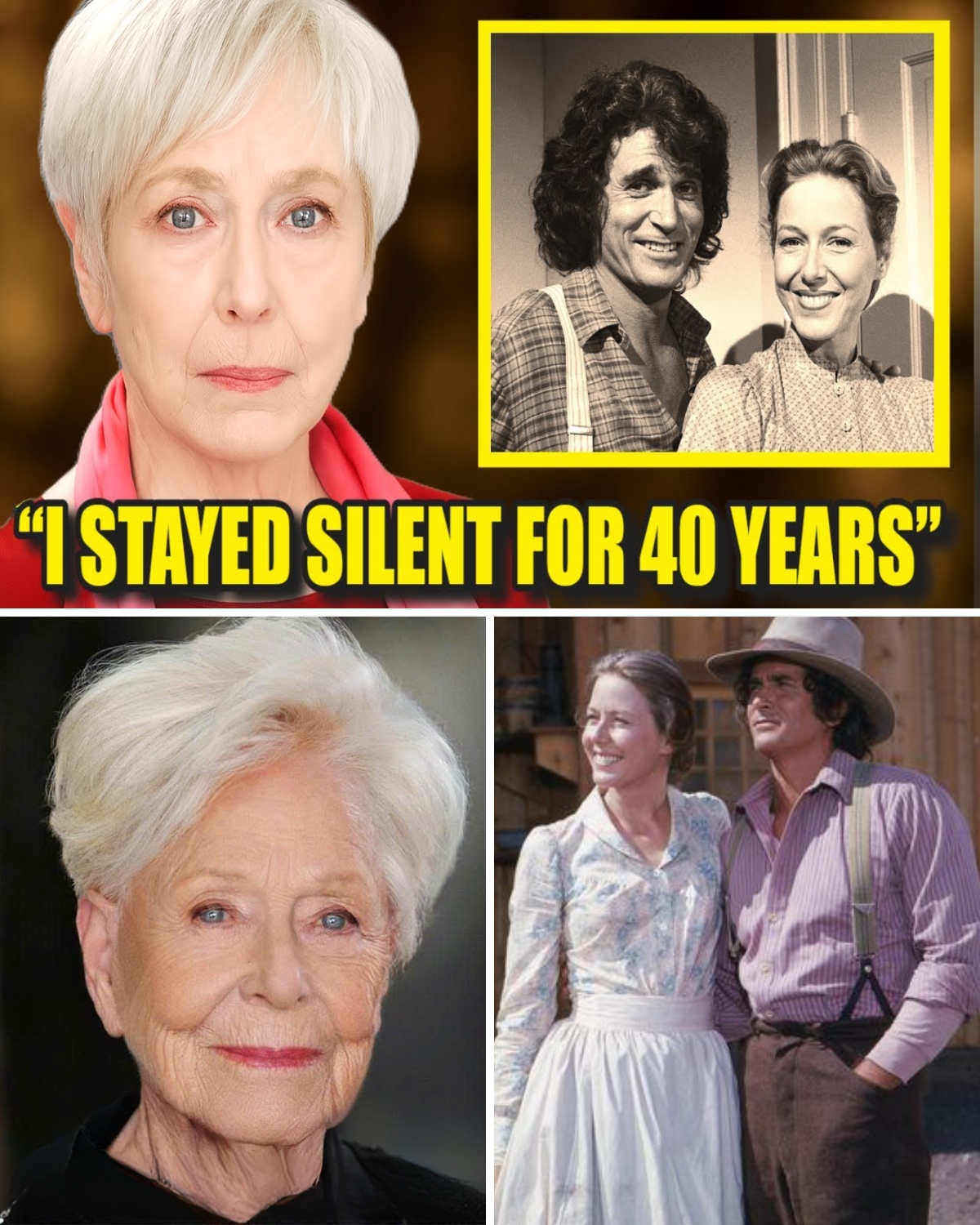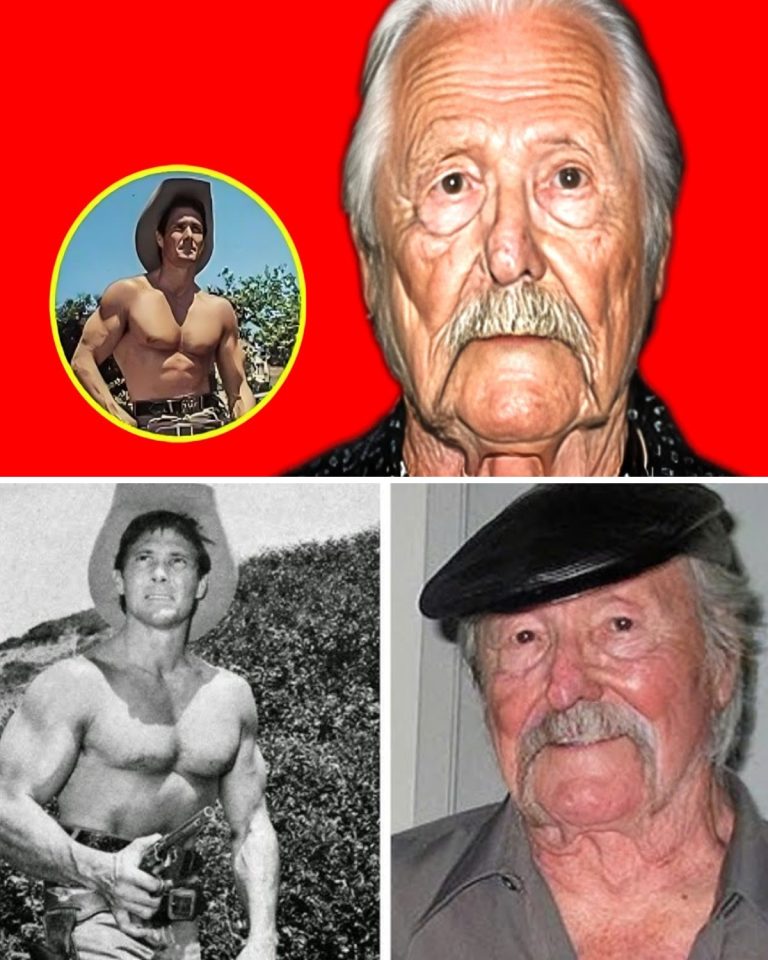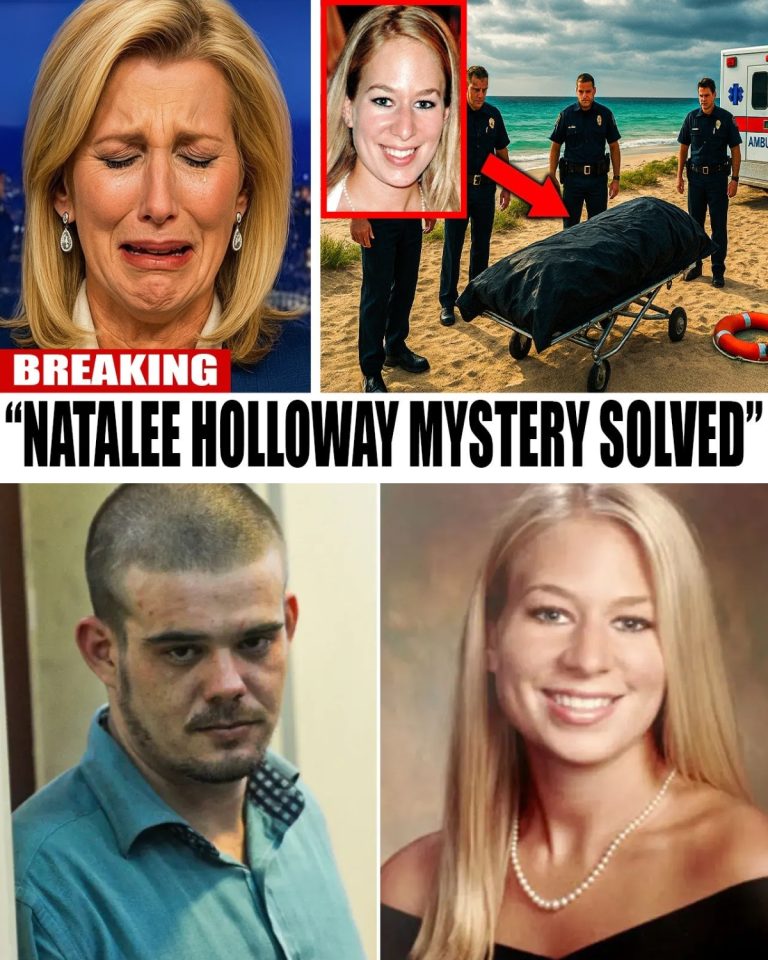For decades, Little House on the Prairie stood as a symbol of wholesome American family values — a frontier saga of love, faith, and resilience. At its heart was Karen Grassle, who portrayed the gentle and devoted “Ma,” Caroline Ingalls, alongside Michael Landon’s heroic Charles. To millions of viewers, they were the ideal couple, the backbone of the Ingalls family. But now, at 82, Grassle has shattered that idyllic image, revealing the painful reality of life behind the scenes.

In her memoir, Bright Lights, Prairie Dust, Grassle lays bare the systemic inequities and emotional turmoil she endured on the set. What fans didn’t see was the imbalance of power that left her feeling silenced, diminished, and humiliated at the very height of her career.
A Disparity Hidden in Plain Sight
At first, Grassle was simply grateful for the role. But as the show soared in popularity, the cracks began to show. Despite being a lead actress, Grassle discovered she was earning far less than her male co-star and producer, Michael Landon. When she bravely asked for a raise, she expected fairness. Instead, she faced retaliation.
Scripts were suddenly altered. Her dramatic scenes were cut. Jokes at her expense became common on set. Landon — beloved by fans for his tender portrayal of Charles Ingalls — allegedly wielded his power to remind Grassle that she was replaceable. “It was devastating,” she later admitted, describing the humiliation of knowing her on-screen husband was actively undermining her behind the scenes.
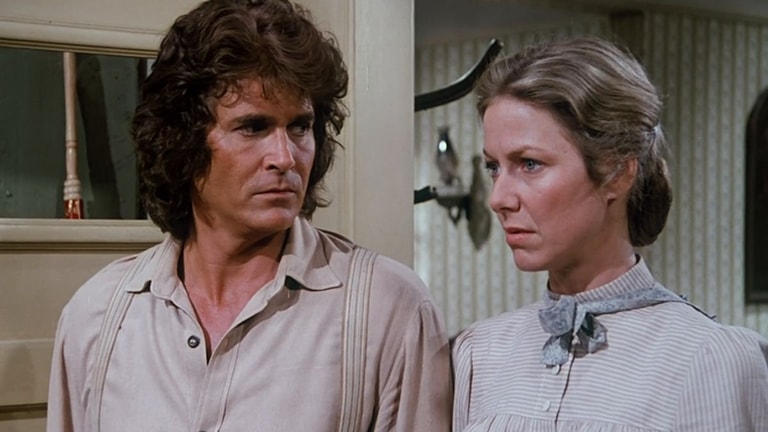
The Hidden Cost of Silence
Hollywood in the 1970s was an unforgiving place for women who spoke up. Grassle knew that pushing too hard could mean career suicide. And so, like many actresses of her generation, she endured in silence, maintaining the image of harmony for audiences while battling despair in private. The nurturing mother figure America adored was, in reality, a woman fighting to preserve her dignity in a system designed to break her.
Seeking Closure
Years later, as Michael Landon battled cancer, Grassle confronted her pain. She penned a heartfelt letter to her former co-star, offering forgiveness despite the wounds. It was an act of compassion that marked her personal healing, though it could not erase the scars of the past. Landon died in 1991, taking with him the larger-than-life reputation that fans revered — a reputation Grassle’s memoir now complicates.
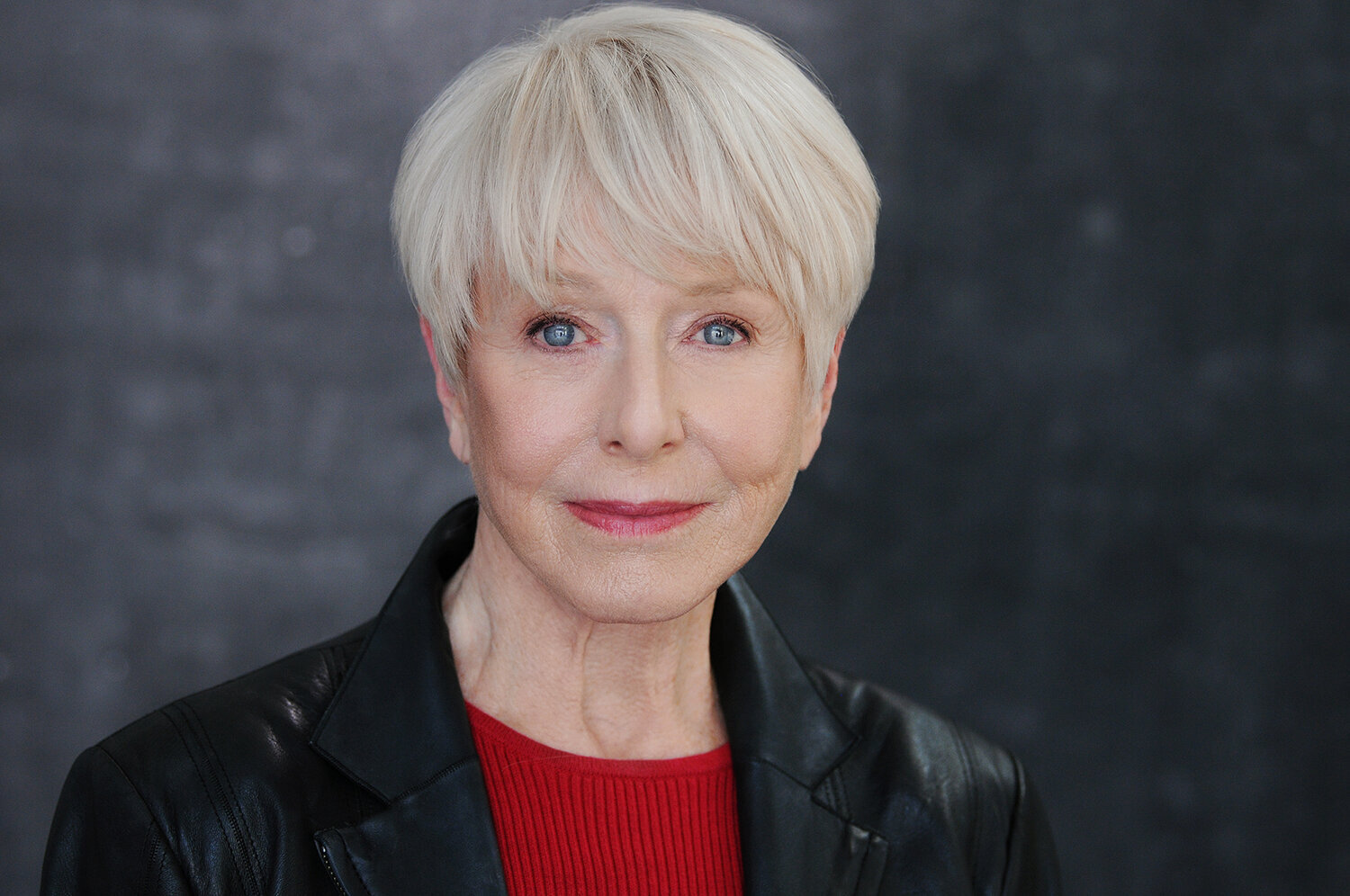
A Memoir That Sparked a Reckoning
When Bright Lights, Prairie Dust was released, it ignited a firestorm. Fans of Little House struggled to reconcile the warm, fatherly image of Landon with the domineering figure Grassle described. Former cast and crew began to echo Grassle’s account, speaking of a set where power imbalances and disrespect were common. For many, it was the first time Landon’s “perfect” legacy was questioned.
But beyond the shock of scandal, Grassle’s story became part of a larger conversation — one about gender inequality, pay disparity, and the culture of silence that dominated Hollywood for generations. In telling her truth, Grassle not only reclaimed her narrative but also gave voice to countless others who had endured similar treatment in silence.
A More Complex Legacy
Michael Landon remains a towering figure in television history, but his legacy is now more complicated — a mix of brilliance, charisma, and flaws. Karen Grassle’s revelations remind us that even the most beloved cultural icons are human, capable of both greatness and harm.
For Grassle, speaking out was not about revenge. It was about liberation. “Silence may protect,” she reflected, “but truth liberates.”
The Final Word
Karen Grassle has finally broken the silence that defined her for decades. She has rewritten the story of Little House on the Prairie, transforming it from a tale of frontier family life into a cautionary tale about power, gender, and survival in Hollywood.
The world is listening now — and for the first time, “Ma” is no longer just the quiet, supportive mother on the prairie. She is a woman who found her voice and used it to demand the respect she was always owed.
